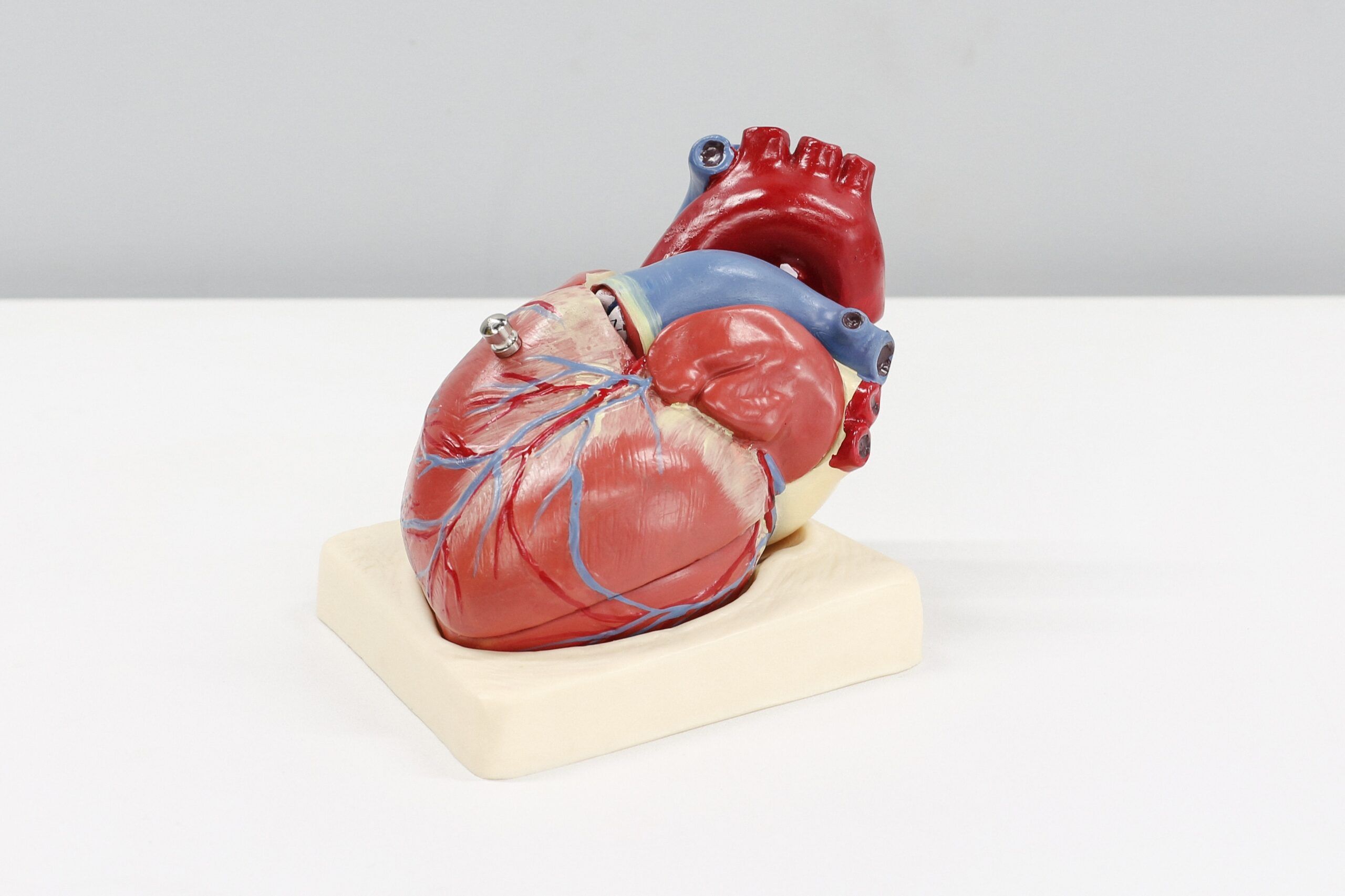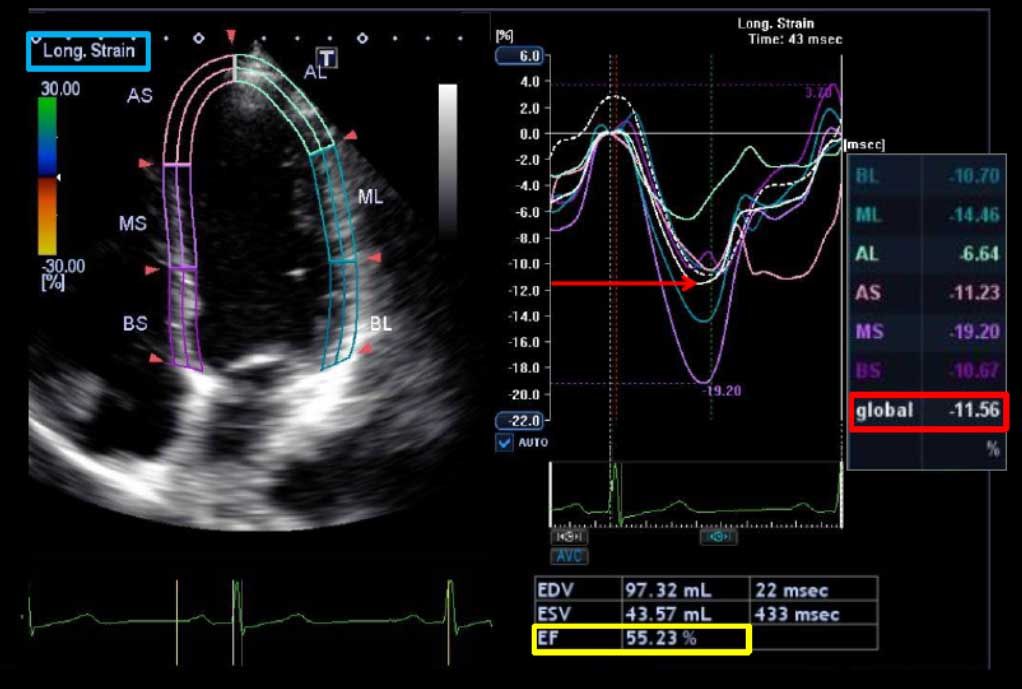Do I need heart bypass surgery?
The treatment of coronary artery disease depends on many individual factors, including the location of the blockage(s), the size of the coronary arteries and whether the blockages involve short areas of the blood vessel or involving the major part of the blood vessel, whether you have diabetes, and your overall heart function. That’s why you should learn everything you can about your condition and be prepared to ask many questions.
Do I need heart bypass surgery?
Many people with coronary heart disease owe their lives to heart bypass surgery.
In this operation, a surgeon uses a vessel from another part of the body (veins from the legs and sometimes an artery from behind the rib cage) to create a detour around a blocked artery, thus restoring blood flow to the heart. This operation was first pioneered in the 1960s.
Not everybody with coronary heart disease needs this operation. Many people can control their disease through diet and exercise, and others benefit from medication, angioplasty and stenting of the occluded blood vessel, or other nonsurgical treatments. After examining all the pros and cons of each approach, you and your doctor can decide on a treatment that’s right for you.
What are the benefits of bypass surgery?
The main indication for coronary bypass surgery is treatment of angina (chest pain) that is not responding to optimal medical therapy. Bypass surgery can quickly cure the symptoms of coronary heart disease, including disabling bouts of angina (chest pain). The relief, on average, lasts 10 to 15 years, after which point the patient may need another bypass if more blockages occur. And if you have a severe case of coronary heart disease — for instance, you have several blocked arteries and some weakness in your left ventricle — bypass surgery could help extend your life.
What are the complications of bypass surgery?
Like any other major operation, heart bypass surgery carries some risks. In fact, a small number of patients don’t survive the operation. The death rate is less than 1 percent for patients who are under 65 and in relatively good health, but it climbs steadily for older patients and patients with damaged hearts, diabetes, or previous heart surgeries.
By briefly interrupting the normal flow of blood, bypass surgery opens the door to several severe complications such as stroke, which occurs during the operation in about 3% of all patients. Another 3 percent of patients will lose some mental sharpness. Complications are especially common in older patients and those with diabetes, hypertension, unstable angina, arrhythmia, heart failure, or previous bypass surgeries.
Remember, bypass surgery is not a cure. Unless patients take other steps to control the buildup of plaque in their arteries, the bypass will meet the same fate as the original artery. Half of all vein bypasses become clogged with plaque within 10 years. Arterial bypasses (from the arms or from inside the chest) are now being used more often for bypass surgery, and the arteries are less likely to be clogged after 10 years.
What are the alternatives to bypass surgery?
If you have severe coronary artery disease, bypass surgery may be your best hope for survival. Most patients, however, will have several other options to consider.
Percutaneous coronary intervension (e.g. balloon angioplasty with inserting a stent inside the blood vessel) is one common alternative to bypass surgery. In this procedure, doctor threads a tube called a catheter through the clogged artery. Once the catheter is in place, a small balloon is inflated to widen the artery. The doctor then removes the catheter and balloon, but may leave in place a small metal scaffold, called a stent, to keep the artery from clogging again. Like bypass surgery, angioplasty restores blood flow to the heart and eases symptoms of coronary heart disease.
Medications that lower blood pressure and cholesterol are another alternative. Heart drugs such as beta blockers and angiotensin-converting enzyme (ACE) inhibitors can relieve angina and ward off heart attacks. Statins, cholesterol-lowering drugs, can slow down the buildup of plaque and greatly reduce your risk for a heart attack. Your doctor may also recommend a daily dose of aspirin. By thinning the blood and preventing blood clots, aspirin provides powerful protection to your heart.
Of course, a heart-healthy lifestyle makes sense no matter what treatment you receive. If you smoke, eat a high-fat diet, and shun exercise, any procedure or medication will be a temporary fix at best.
Do doctors overprescribe bypass surgery?
Many people worry that their doctors may hastily recommend bypass surgery without fully exploring other options. But according to a study published in the New England Journal of Medicine in 2001, the opposite seems to be true. This study found that 43 percent of patients who were good candidates for bypass surgery (meaning patients with severe coronary heart disease) never underwent the operation, often because their doctors recommended other treatments.


